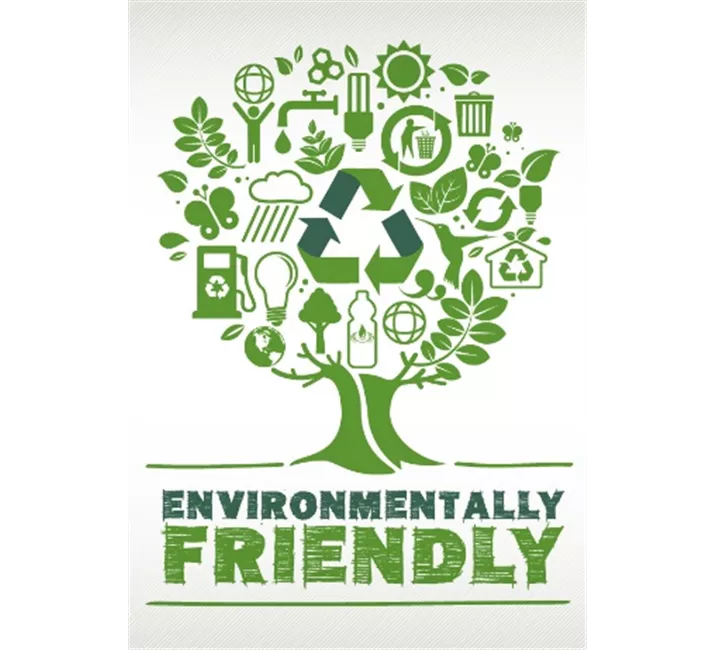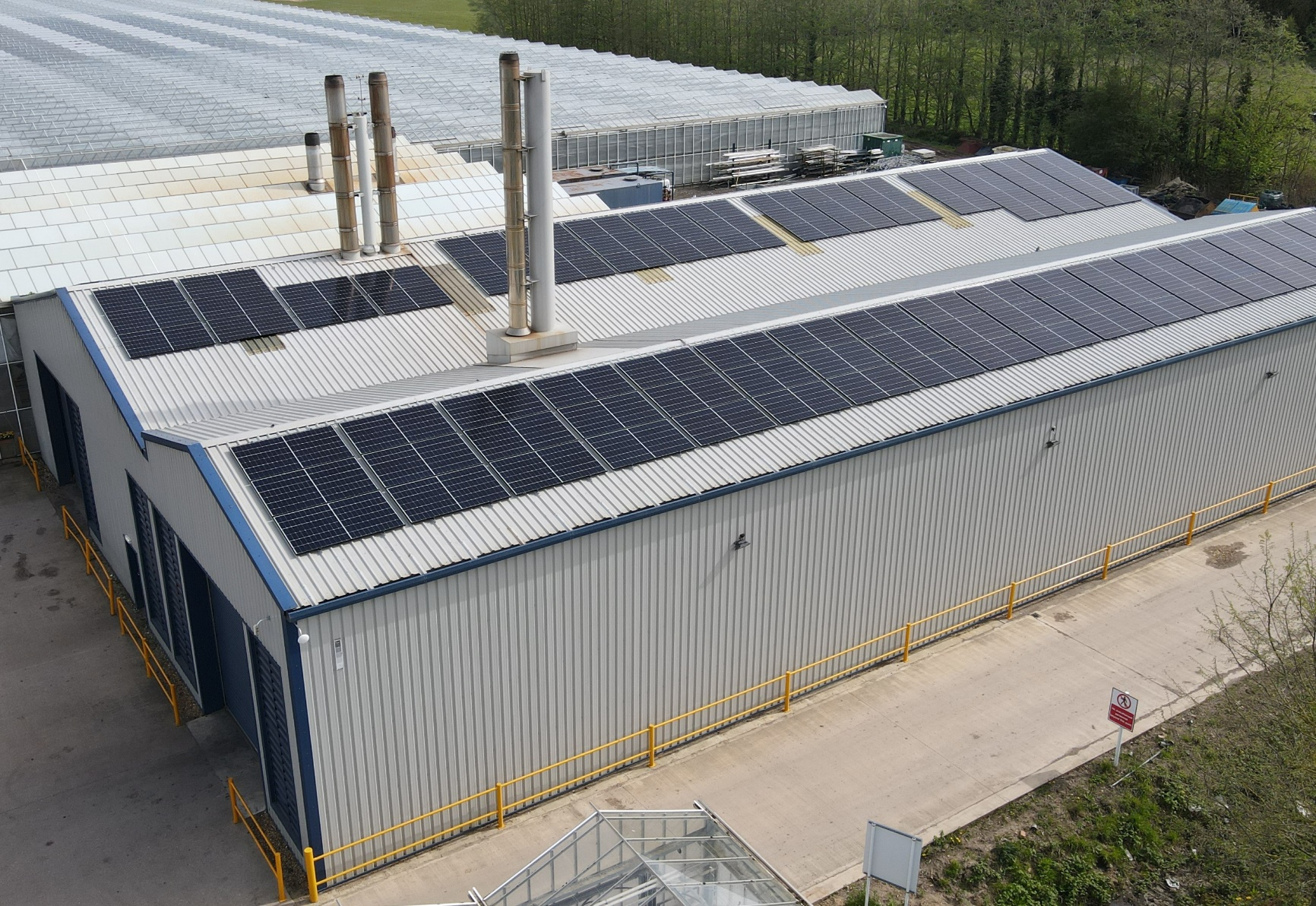We benefit from the environment and nature. It is therefore very important to us that we take nature into consideration in every work process and ideally give something back to it. This is reflected in the following processes, among others:
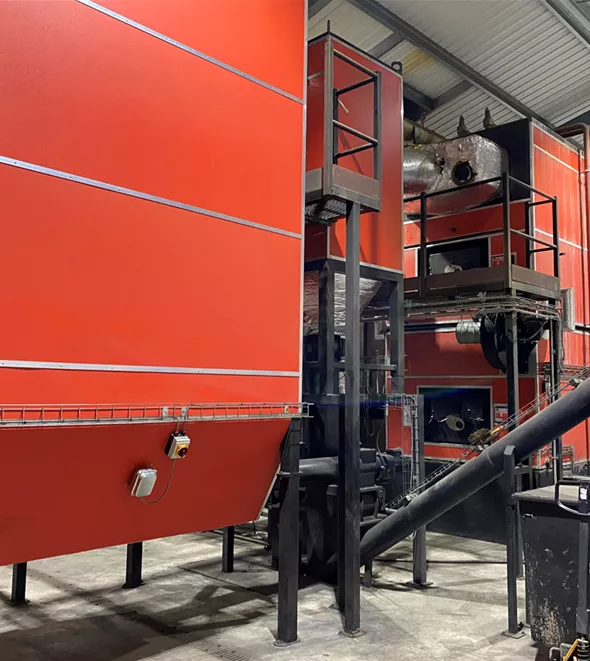
Our modern boiler plants turn waste wood that would otherwise go to landfill sites into hot water energy to heat our greenhouses. Our 3 boilers produce 4 mw of energy when running and to avoid the need for Oil burner top ups at cold points, we then store some of that accumulated energy in enormous water tanks, providing us with 8kw of total energy availability on those cold nights in winter from renewable sources.
The use of these boilers saves over 900 tons of Carbon emissions each year.
Significant progress has been made to reduce the use of peat for plant production with the massive reduction of peat sales to retail consumers. Nurseries and other organisations, including ourselves, are working hard to further reduce the removal of peat from carbon sink peat bogs. We work closely with the RHS and are one of a small number of professional nurseries involved in the RHS peat free fellowship. Our aims are to reduce the use of peat further in a controlled manner without risking the potential reduction of plants available to consumers. Early signs are encouraging and as cultural techniques and product quality allow, we will continue to reduce the amounts of peat we use with many products already produced in a peat free growing media.
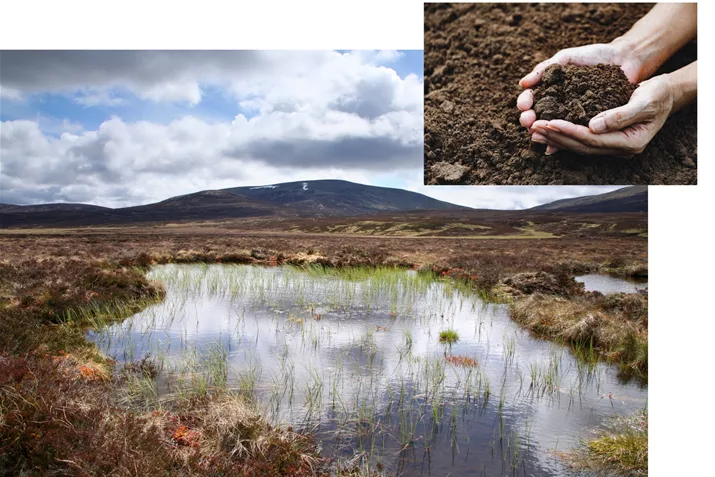
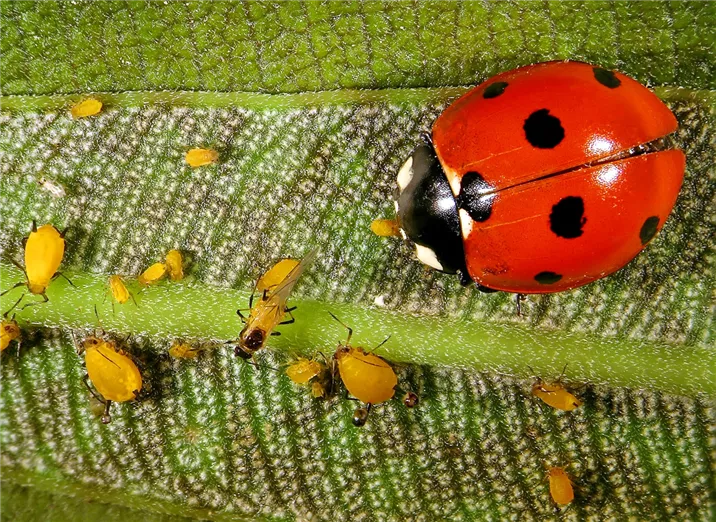
While we still appreciate that some chemicals are necessary in the production of high quality young plants and generally, wherever possible we aim to utilise IPM management and techniques into our production. Over 70% of the funds we allocate to pest management each year are now from IPM systems, ensuring that our plants remain healthy and viable while allowing nature to thrive alongside, working together to enhance the natural world.
As a producer and distributor of many millions of plants, we acknowledge the risks we present in distribution of non indigenous pests and diseases. We carefully check with suppliers their cultural techniques and systems and due to our groups internal supply chains, can easily influence decisions that ensure we have the best chance to prevent infections. Our plant passporting systems help to ensure plants are carefully checked for any issues. We have also been accredited by Ohas for our production sites locally. We are also accredited with the Plant Healthy certification, one of only 50 growers in the UK to have achieved that status.
Our close working relationships with APHA and other governmental organisations help to ensure our plants remain healthy and safe to use and through our IT system and plant passporting, we can trace every plant right back to its original source.


While on occasion it’s hard to imagine we could be short of water in the UK, its remains a valuable and crucial resource to both plants and mankind. Everyone must seek to take care of one of the planets most valuable assets. 95% of the water we use in our Cambridgeshire production site is collected from our greenhouse roofs in winter and stored for use throughout the whole year. Our reservoir contains over 15,000,000 litres of best quality water.
Our outbound cardboard is made from recycled paper sources wherever possible. All of our waste cardboard and paper is collected and sent for recycling to a locally based company.
As part of our production processes we trim many millions of plants.
The trimmings and any compost from waste plants is composted on site and spread on our spare agricultural land to avoid landfill waste.
